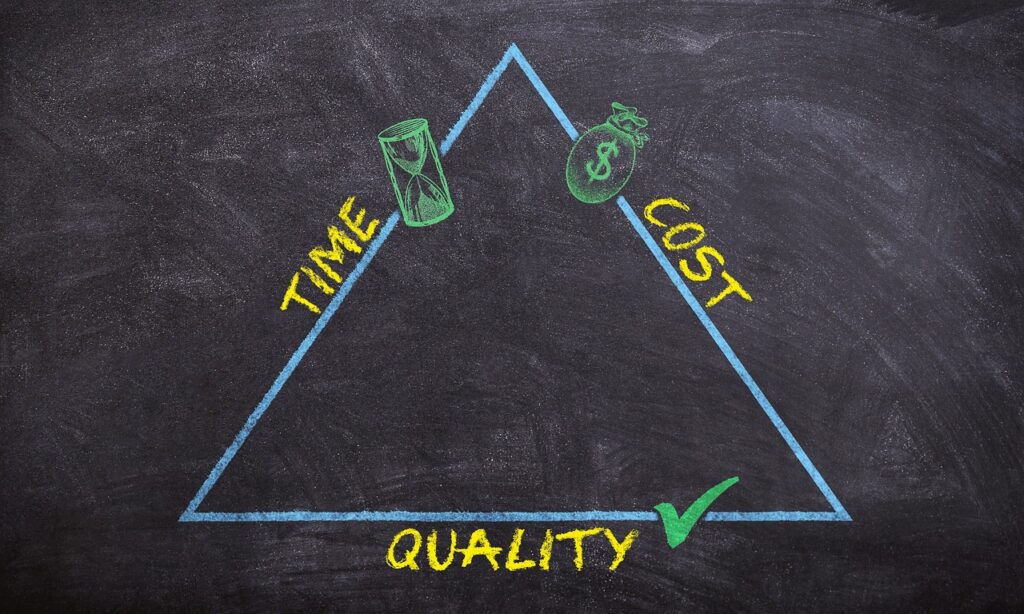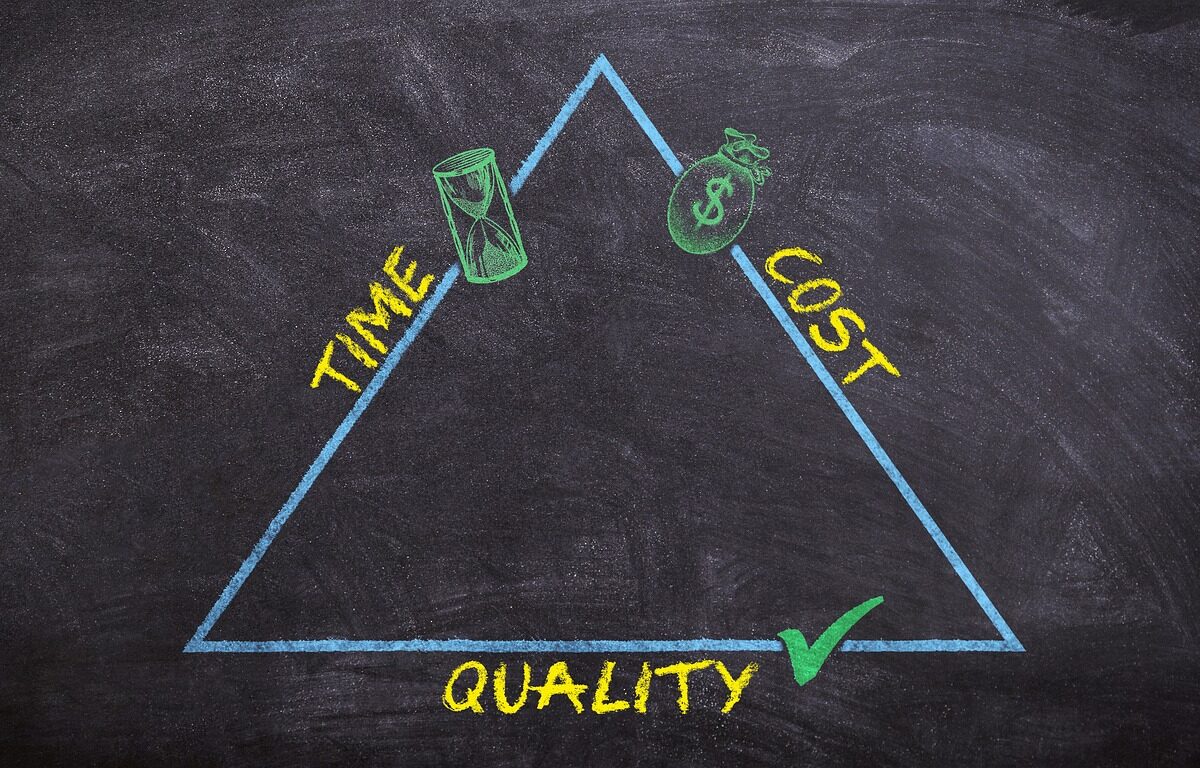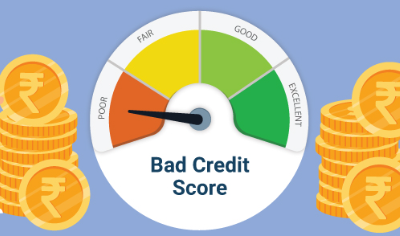As a young professional entering the workforce, mastering the art of budgeting is essential for achieving financial stability and success. By implementing effective budgeting strategies, you can take control of your finances, achieve your goals, and build a secure financial future. In this guide, we’ll explore practical budgeting tips tailored specifically for young professionals, helping you navigate the complexities of personal finance with confidence and clarity.
1. Set Clear Financial Goals
Focus Areas:
- Short-Term Goals: Identify immediate financial priorities, such as paying off student loans, building an emergency fund, or saving for a down payment on a home.
- Long-Term Goals: Consider your long-term aspirations, such as buying a house, starting a family, traveling the world, or saving for retirement, and establish a roadmap for achieving these objectives.
2. Create a Realistic Budget
Steps:
- Track Your Expenses: Monitor your spending habits over a specific period to understand where your money is going and identify areas where you can cut back or optimize.
- Allocate Income: Divide your income into different expense categories, including fixed expenses (such as rent, utilities, and insurance), variable expenses (such as groceries, dining out, and entertainment), and savings goals.
- Set Limits: Establish spending limits for each category based on your income, financial goals, and lifestyle preferences, ensuring that you allocate resources efficiently and prioritize essential expenses.
3. Prioritize Essential Expenses
Essentials Include:
- Housing: Allocate a reasonable portion of your income towards rent or mortgage payments, utilities, and household expenses, ensuring that your housing costs are within your budgetary constraints.
- Transportation: Budget for transportation expenses, including car payments, fuel, insurance, and public transportation fares, and explore cost-effective commuting options to minimize costs.
- Food: Plan and prepare meals at home, pack lunches, and limit dining out expenses to save money on food costs while maintaining a healthy and balanced diet.
4. Embrace Frugal Living
Tips:
- Limit Discretionary Spending: Cut back on non-essential expenses, such as impulse purchases, subscription services, and luxury items, to free up resources for savings and debt repayment.
- Shop Smart: Comparison shop for deals, use coupons and discounts, buy generic brands, and take advantage of cashback rewards and loyalty programs to maximize savings on everyday purchases.
- Practice Mindful Spending: Before making a purchase, ask yourself if it aligns with your values, contributes to your goals, and brings you genuine satisfaction and fulfillment, helping you make more mindful spending decisions.

5. Build an Emergency Fund
Importance:
- Financial Safety Net: Establish an emergency fund with three to six months’ worth of living expenses to cover unexpected expenses, such as medical emergencies, car repairs, or job loss, without resorting to high-interest debt or depleting savings.
- Peace of Mind: Having a financial cushion provides peace of mind and security, allowing you to navigate life’s uncertainties with confidence and resilience, knowing that you’re prepared for any unforeseen challenges or setbacks.
6. Review and Adjust Regularly
Best Practices:
- Monitor Progress: Regularly review your budget, track your spending, and assess your progress towards your financial goals, making adjustments as needed to stay on track and adapt to changing circumstances.
- Celebrate Milestones: Celebrate your achievements and milestones along the way, whether it’s paying off debt, reaching a savings goal, or achieving a significant financial milestone, acknowledging your progress and staying motivated to continue your financial journey.
Conclusion
By following these budgeting tips for young professionals, you can take control of your finances, achieve your goals, and build a solid financial foundation for the future. Remember to set clear goals, create a realistic budget, prioritize essential expenses, embrace frugal living, build an emergency fund, and regularly review and adjust your financial plan to stay on track towards financial success.





